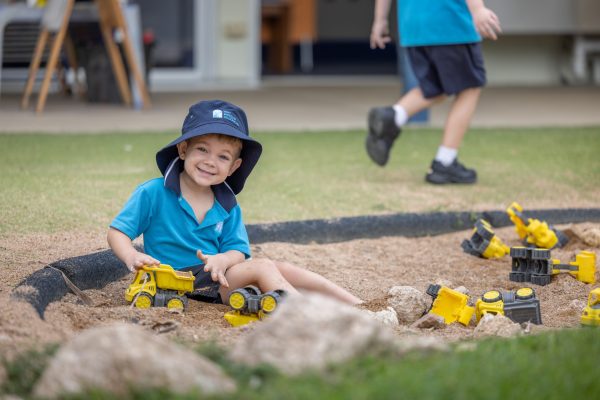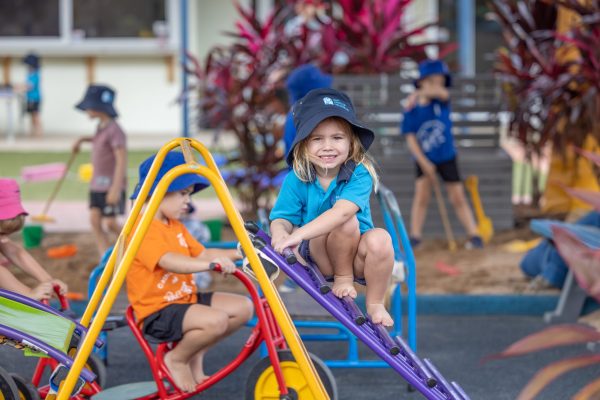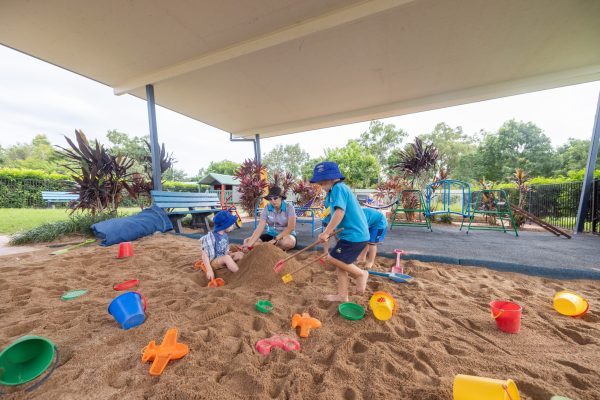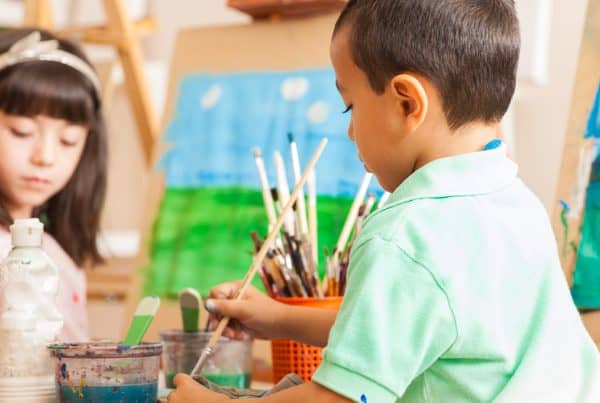With a new year comes change and new possibilities.
It could mean a new start at ‘Big School’ or the first year in Kindergarten. These big changes can also bring on big emotions for children, and for families. It’s important to recognise, acknowledge and reflect upon these emotions.
We seem to say “you’re okay” a lot when a child starts to cry or shows a heightened emotional reaction. As an adult in the same situation, it may not be such a big deal… but to that young child who quite possibly is experiencing something for the first time or something they aren’t completely sure about yet, then no, they’re not okay. To them, in their own personal situation – they are not okay, and being told they shouldn’t feel the way they do is conflicting and unsupportive.
When we teach children about resilience it’s important to first understand what resilience means. Resilience is being able to recognise and acknowledge how you are feeling and then knowing how to calm down, or be more relaxed when confronted with that experience or trigger of that feeling again. It is more than not reacting or not showing emotion, these are both natural responses.
If your child is feeling anxious, nervous, scared or any other heightened emotion, first consider recognising the emotion together, acknowledging that they feel this way, then reflecting and guiding them to find strategies that help them feel calm and more at ease with their feelings.
Some Alternatives to “You’re Okay” Could Be:
“It will be okay”
“This will pass”
“It won’t always feel this way”
“I’m here to help if you need me”
“I understand”
Let’s not devalue our children’s life experiences or teach them that their feelings are unwarranted. Instead let’s support and guide them through their feelings in a way that will allow them to learn healthier strategies so they know how to manage big emotions on their own.









